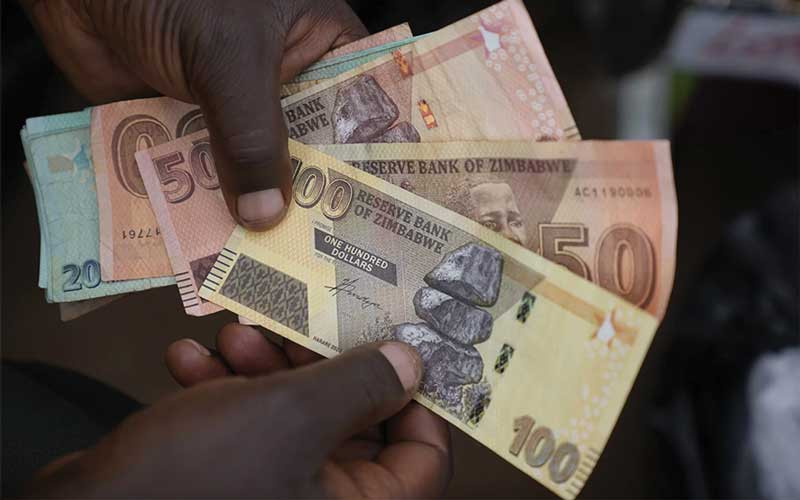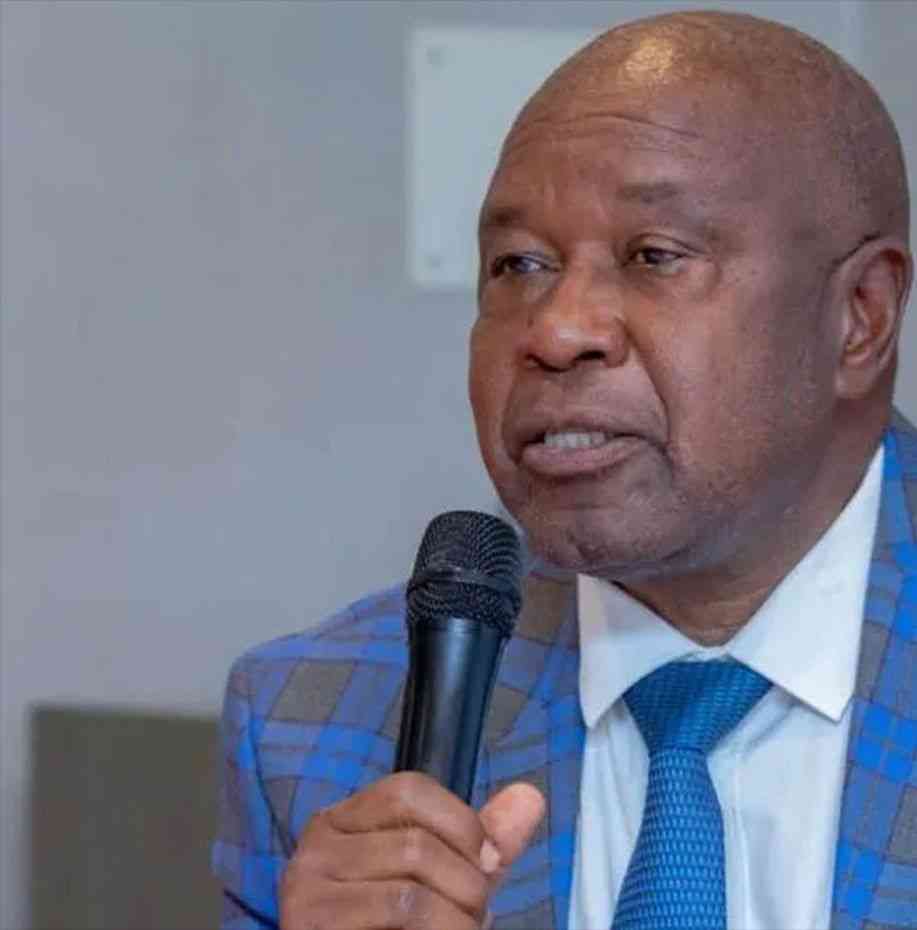
THE Zimbabwe dollar was among three worst performing currencies in Africa last year, according to the African Development Bank (AfDB), which urged countries in the continent to implement structural reforms together with monetary policy measures.
The other two worst performing currencies were the Sudanese pound, and the South Sudanese pound.
“With world interest rates and global uncertainty remaining high, most African currencies continued to weaken against the US dollar in 2022–23. The Zimbabwe dollar, the Sudanese pound, and the South Sudanese pound were the worst performing currencies in 2023,” AfDB said in its latest report titled: Africa’s performance and outlook macroeconomic.
The local currency depreciated by 90,83% in 2023, according to Fincent Securities. It has fallen about 40% since January this year.
The country is currently facing market turbulence, with a growing gap between the official exchange rate and the parallel market rate.
The Sudanese pound depreciated by almost 78%, AfDB report shows, as the protracted civil conflict in that country curtailed export earnings and depleted foreign currency reserves.
It said the South Sudanese pound lost almost half of its value against the US dollar and is expected to depreciate further because of spillovers from tight US monetary policy and widening balance of payment gap due to the highly-import dependent economic structure of the country.
The Burundi franc was the worst- performing currency among non- resource-intensive countries, as low foreign exchange reserves, global uncertainty, and 20% inflation pushed the currency down in parallel markets, forcing the central bank to devalue it 39% in May 2023.
- Chamisa under fire over US$120K donation
- Mavhunga puts DeMbare into Chibuku quarterfinals
- Pension funds bet on Cabora Bassa oilfields
- Councils defy govt fire tender directive
Keep Reading
With a 3,8% appreciation in both Cabo Verde and Comoros, the two island currencies were the top performers, benefiting from a rebound in international tourism, AfDB said.
Furthermore, the report notes that all of Africa’s leading commodity — exporting countries experienced sustained exchange rate depreciations as commodity prices retreated from their 2022 peaks, except for Liberia and Guinea (both unchanged) and Algeria (+4,5%).
The regional bank recommended that in countries with floating exchange rates, currencies should be allowed to adjust as much as possible, because attempts to resist movements based on fundamentals could have disastrous consequences.
“In countries with pegged exchange rates, monetary policy should be aligned with that of the anchor country to maintain external stability and avoid further losses in foreign exchange reserves,” the lender said.
“Structural reforms to implement a strategic industrial policy to accelerate economic diversification and strengthen the export sector, as well as fiscal consolidation when the budget deficit increases pressure on the exchange rate, should be implemented simultaneously with monetary policy measures to increase resilience to shocks.”
The International Monetary Fund (IMF) recently encouraged Harare to accelerate the foreign currency exchange (FX) market reform by promoting a more transparent and market-driven price discovery in the official exchange rate and by removing existing exchange restrictions and distortions.
In particular, it said the restriction on the 10% allowable trading margin for pricing domestic transactions should be eliminated.
“The FX market reform should be accompanied by establishing an effective framework for exchange rate and monetary policies,” IMF said.
“Establishing such a framework requires careful preparations, including, among other steps, comprehensively addressing underlying sources of fiscal pressures. The RBZ Act should be amended, including narrowing its legal mandate to core functions.”
Finance minister Mthuli Ncube recently hinted on currency reforms that will see the exchange rate linked to a hard asset as part of measures to strengthen the local currency.
But economic analysts said the policy will not work, urging the authorities to first build economic and political confidence as well as dealing with corruption.
Efforts to stabilize the Zimbabwean dollar included the introduction gold-backed digital tokens as well as Mosi-ao-Tunya gold coin. However, all these measures have failed to strengthen the local currency.






